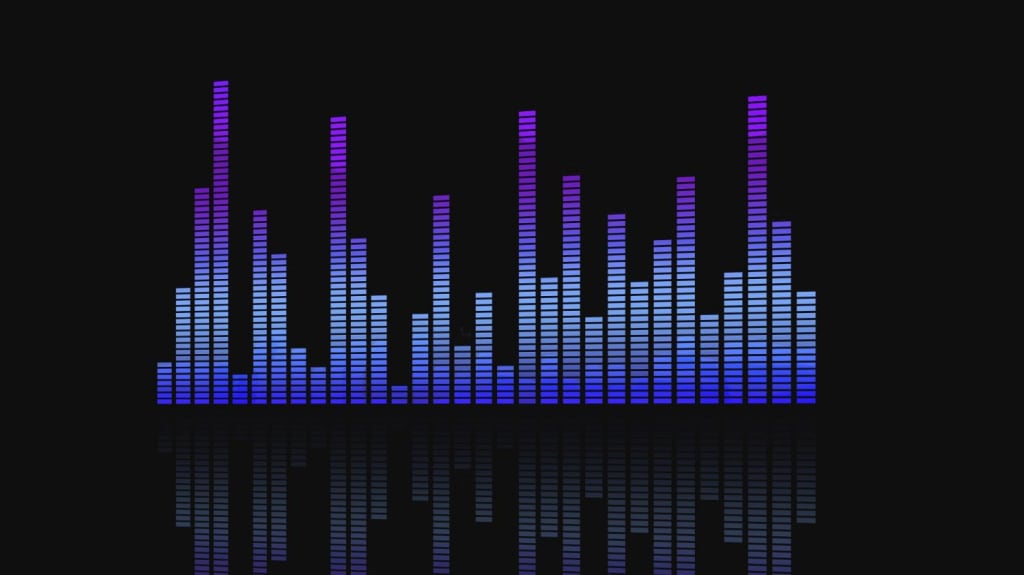
Let's make one thing clear: there is no wrong way to write a song. As long as you end up with a song, you did it right. There are, however, approaches that will get you stressed to the heavens and back.
I came about this subject when a student at the studio where I work asked me to look over his lyrics. There were two stanzas of about six lines each, the number 8 written at the beginning of each line.
I read it, of course, but just reading lyrics doesn't give you an adequate picture of the final product.
"Let me hear it," I said, and he replied that it didn't have a melody yet.
That alone made me (rather judgmentally, I'll admit) question his experience in music and song-writing. Then, when I mentioned my method, he arrogantly commented on the inaccuracy of it under his breath before continuing on about how he chose to write lyrics in 8/4, with 8 syllables per line.
Before we continue, let me reiterate; there is NO incorrect method of writing a song.
If, however, you choose to start a song with no melody, not even a key, and only a time signature and syllable count, you are making life so much more difficult than it needs to be.
First of all, there is a reason very few people write in 8/4. It not only sounds the same but would likely be conducted the same as 4/4, and 4/4 is much simpler to follow along with in an ensemble. In lyrics, then, there is no real use of it.
Then, by deciding that each line must have a specific number of syllables, you are not only limiting the rhythmic diversity and flow of a song, you are also ignoring how many different rhythmic patterns each word can get. Consider the word "out", for example. The diphthong created by the combination of "o" and "u" means that the word may receive either one or two beats when sung, depending on where the emphasis is placed. On top of that, any word can be elongated and given more beats if the vowel is stretched out over a run or riff, or even if it's simply held out over a sustained note. Listen carefully to "Like" in "Someone Like You" by Adele, and you'll see what I mean. The diphthong in "like" is given a moving note, creating an extra beat, like an extra syllable. With that in mind, matching syllabic structure in verses is helpful when creating flow. It is only hindered when syllabic structure is based solely off of the number of syllables when a word is read, rather than sung, which is what the student in question was doing.
My final issue with his method was how he wrote lyrics without a melody.
When I start writing a song, I've already come up with one section of it, and that can be any section, that has a melody, key, rhythm, lyrics, and tempo. From then on, the rest of the song sort of follows in that direction, like planning out the end of a story before you begin, in order to make sure any loose ends are tied up. For me, this is the easiest and most obvious approach to song writing.
I don't think that it would be impossible to add a melody after lyrics, but it would likely require a lot of frustration and revising of lyrics and rhythm along the way.
With all this being said, again, if he ends up with a song, then he did nothing wrong.
Now, if you're reading this and are interested in writing songs, there is some other advice that I can give, that was given to me when I first started.
At a songwriting workshop that featured Nikola Rachelle, Kyle Martin, and Jason Mater, we learned a few key concepts when it came to writing a song with clear direction. First, when writing a song, it could be helpful to take 5-10 minutes to simply write down anything and everything you can about the topic you are addressing. If it's a specific moment of heartbreak, for example, write down what lead up to it, how it happened, what happened after, how you felt during all of this. When you're done, you can go back and outline every phrase that either felt important or was repeated multiple times. This will hopefully give you a good outline for your lyrics.
Second, it is a good idea to keep a very basic song structure in mind; verse, prechorus, chorus, verse, prechorus, chorus, bridge, chorus, chorus and some sort of outro to wrap things up. If you've ever written a song before, or paid close attention to the songs on the radio, this pattern will feel familiar.
Songs are like stories, so imagine that each part of the structure represents a new development in the plot. The verses often give context. Going back to the example of heart break, you might use a verse to describe the relationship or the moment things fell apart. Take, as another example, the first verse in "The Middle" by Zedd, Maren Morris, and Grey, which begins with a description: "Take a seat, Right over there, sat on the Stairs, Stay or leave". Then, The prechorus, often filled with emotion, leads up to the chorus, which gives the whole meaning of the story and also often lends the title of the song; "Why don't you just meet me in the middle?" also from "The Middle" by Zedd, Maren Morris, and Grey. The bridge then might address how to get over the heart break, and the outro might give the reader an idea of whether or not you've gotten over it.
This can be applied to any song topic, of course, and there always exceptions to the rules when it comes to structure or even how you utilize each section to convey the meaning of the song.
With all of this being said, what had bothered me most about the student from the studio was that he thought it necessary to make a comment under his breath that my songwriting technique, outlined above, was incorrect when compared to his. I don't think either of us is technically incorrect, only that one has an easier method than the other, though maybe to him his technique is easy. Writing a song the hard way, spending days stressing and rewriting, doesn't make you a musical genius, and it doesn't mean it will end up sounding good. Sometimes the best songs revolve around simplicity.
While I am still only a music student working towards a degree, I hope that my advice and songwriting technique may be helpful to those who have taken the time to read this. Remember, as long as you end up with a song, you did something right.





Comments
There are no comments for this story
Be the first to respond and start the conversation.